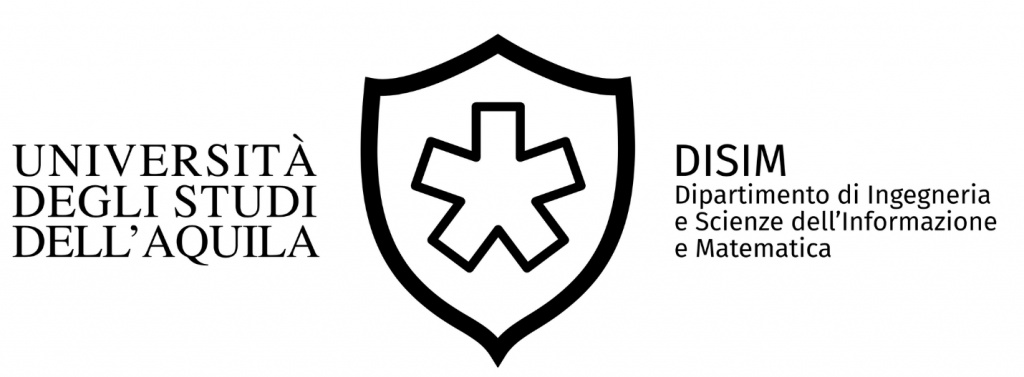Curriculum 2
Emerging computational models, software architectures, and intelligent systems
Algorithms and optimization for complex networks and emerging computational models Scientific Supervisor: Prof. Guido Proietti
New generation computing: Emerging global communication and service infrastructures are progressively changing the classical view of computing, thanks to the introduction of the social and collaborative platforms typical of web 2.0, to ubiquitous systems, to peer-to-peer networks, and to the distributed access to resources and services in cloud computing systems. This research area aims at addressing the computational aspects related to the efficiency in the use of resources, and in the design and management of services in these systems, by resorting to the theory of algorithms and computational complexity, operations research and combinatorial optimization. In addition, it intends to model and analyze the consequences of autonomous users’ behaviour on the system performance, integrating algorithmic ideas with techniques borrowed from Economy and Game Theory, in particular for characterizing stable or equilibrium solutions that are consistent with the presence of entities not subject to centralized control. Finally, an issue of interest concerns the evaluation of the influence of social relationships among users on the overall efficiency of the system.
Software engineering and intelligent systems Scientific Supervisor: Prof. Alfonso Pierantonio
The research topics tackled in this research area can be partitioned into three main sub-areas, which are: Software Architecture, Model-Driven Engineering, Intelligent Systems. Around the concept of Software Architecture, several research topics are covered, ranging from the automated synthesis of architectural connectors, through functional (e.g. testing, model checking) and non-functional (e.g. performance, reliability) analysis of software, to (run-time) verification and validation. These topics are applied to different domains, such as Service-Oriented and Self-Adaptive Systems. The research on Model-Driven Engineering focuses on different forms of automated co-evolution in modeling ecosystems (e.g. metamodel/models, metamodel/transformations), bidirectionality in model transformations with an emphasis on non-bijective mappings, and model differences/versioning. Research in the area of Intelligent Systems concerns various fields of Artificial Intelligence and Computational Logic, in particular Artificial Agents (languages and formalisms, Complex Event Processing, run-time self-checking), Agent-based Cognitive Robotics, Learning and Evolving Agents. Advanced applications range from intelligent energy systems to bioinformatics and adaptive control.
